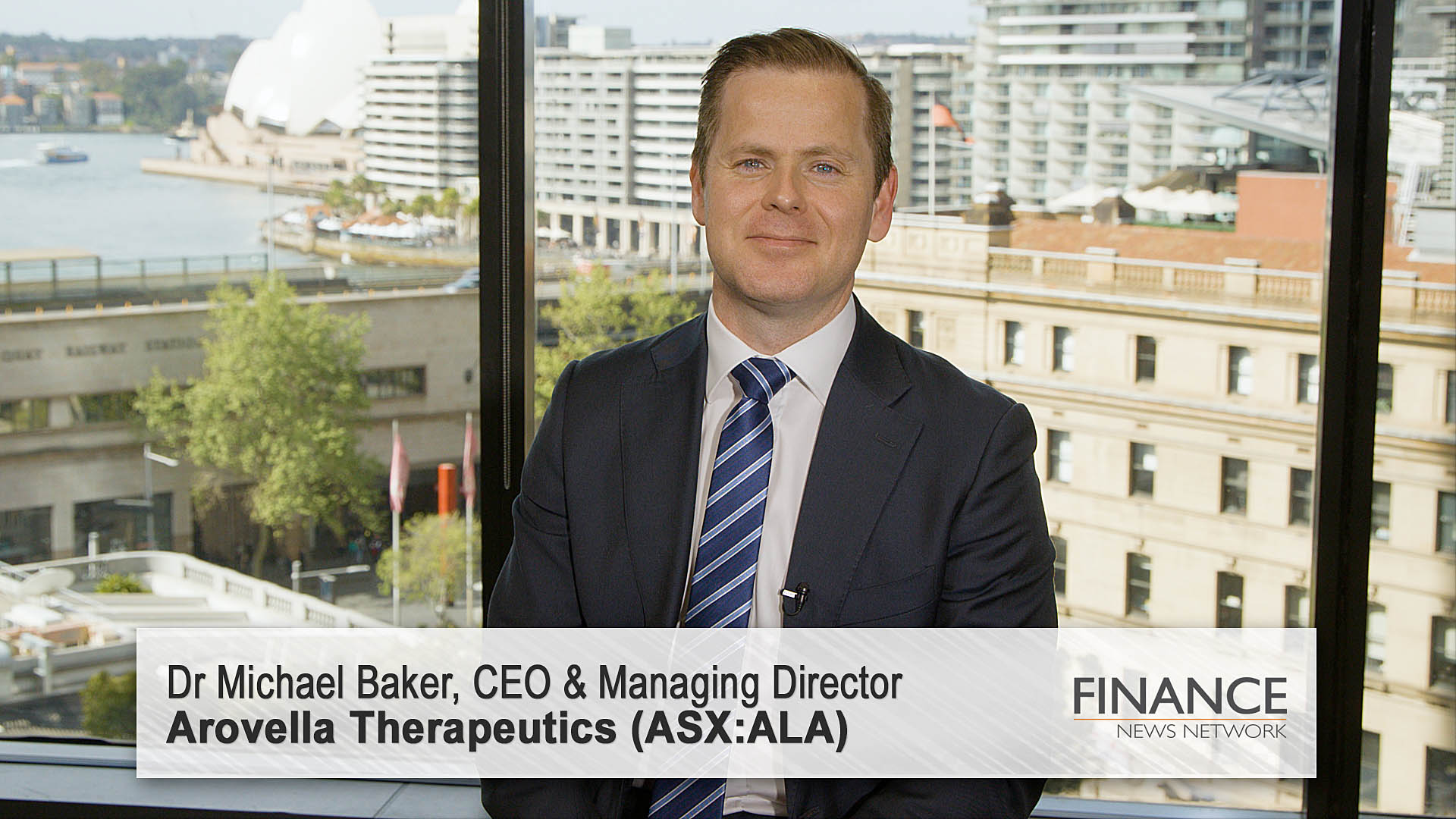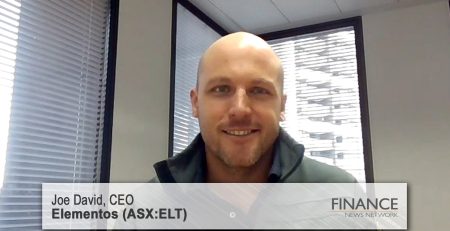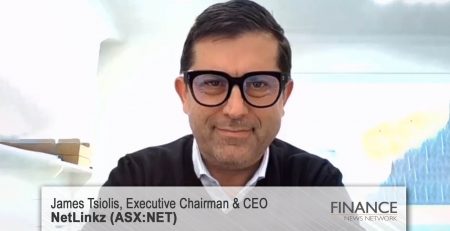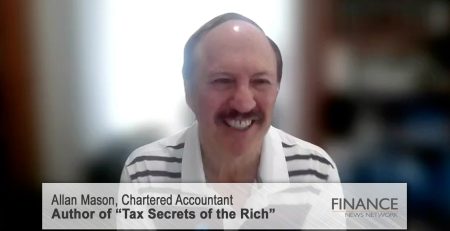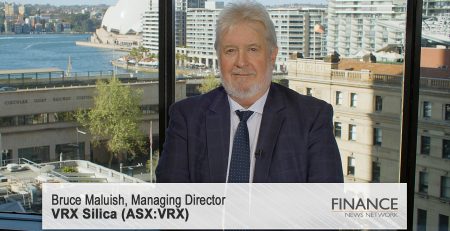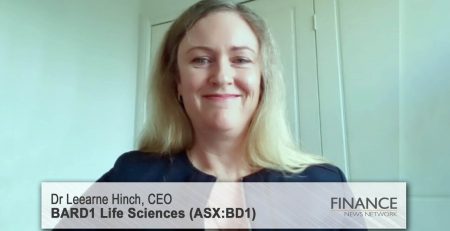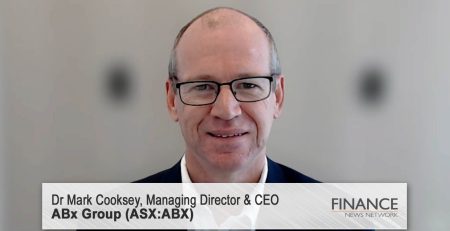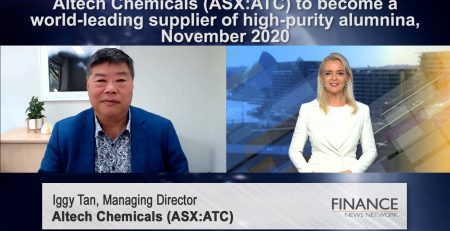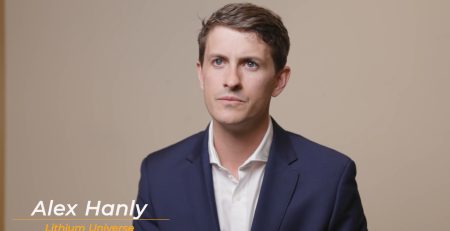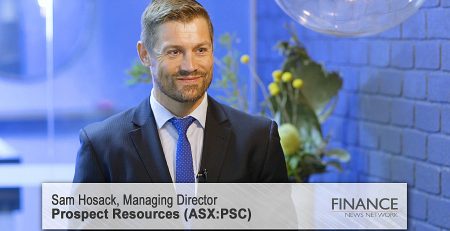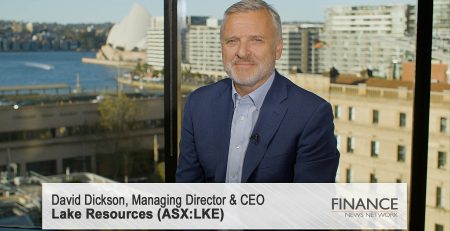Arovella Therapeutics (ASX:ALA) partners with Imugene (ASX:IMU)
Arovella Therapeutics Limited (ASX:ALA) Managing Director and CEO Michael Baker discusses the company's collaboration with Imugene to combine therapies.
Tim McGowen: We're talking today to Arovella Therapeutics (ASX:ALA). Now, if you don't know the company, ASX code ALA, market cap of around $18 million. The company is a biotechnology company focused on developing therapies to treat human disease. The company's two focus areas are oncology and conditions that impact the central nervous system. We are speaking with the CEO, Michael Baker. Michael, thanks for your time.
Michael Baker: Thanks very much for having me on the program. Appreciate it.
Tim McGowen: Now, Michael, you announced some news to the ASX this morning in regards to your iNKT cell therapy and a collaboration with Imugene (ASX:IMU). What does this mean for Arovella and your iNKT cell therapy?
Michael Baker: Yeah, absolutely. It's a really big deal for our company, especially I think Imugene has set the bar high for what a biotech can achieve In Australia. They have numerous great programs. We're particularly excited because we're developing our iNKT cell platform to treat a range of cancers. They also have a therapy, and we believe that there's scope to use the two therapies together. And what it does, in effect, for Arovella is it expands our ability to target not only just blood cancers with our lead therapy ALA-101, it opens up the possibility of using that to target solid tumours as well. So what we'll do initially is we will do a joint research collaboration where we do preclinical studies to assess how the technology performs, first using test tubes or cells in dishes, and then we take those studies a step further to see how they perform in animal models, using mice. Once we get an idea of how the data looks and how the technologies perform together, then we may consider taking it a step further and moving these products into clinical trials.
Tim McGowen: And how does your iNKT cell therapy platform actually work?
Michael Baker: Yeah, what it is, it's called a cell therapy. And the way these technologies actually work is we harness the natural immune system, the human immune system. So, we take specific immune cells. Now, conventionally people have worked with what are called T-cells, so they're one of the major immune cells in our body, and we use iNKT cells. And so what we actually do is we collect the cells from a healthy donor and then we genetically reprogram them in a laboratory. And so they actually then produce something that will act like a turbo charge or something that helps them to target cancer cells. And so they get grown up into very large numbers in a lab, and then they get delivered to the patient that has the particular form of cancer. And when the immune cell, the iNKT cell, finds the cancer cell, they actually then trigger its destruction. So, it's a really cutting-edge technology, and we've seen some pretty impressive results for other people's therapies where people now have been 10-years cancer-free for the original therapies that have been developed and now approved by the FDA.
Tim McGowen: Now, Michael, Arovella, of course, is the only company worldwide with CAR technology targeting the DKK1 peptide. Can you explain what that means?
Michael Baker: Yeah, absolutely. That's the technology we licensed in December last year from the MD Anderson Cancer Center. And what it is, it's a novel target that is found on a number of different cancer types. And so the inventor of that technology has gone to great lengths to find something that will target that this specific DKK1 peptide that sits in an immune complex on those cancer cells. And, as you mentioned, we're the only company in the world that is going after that particular target using CAR therapy or CAR cell therapy. So, we've seen data already using conventional T-cells that it's quite effective in animal models for multiple myeloma, lung cancer, pancreatic cancer and some forms of breast cancer. So, we're very excited to combine the targeting technology with our iNKT cell platform and to see how it performs in preclinical models as well.
Tim McGowen: So there's effectively two cancer therapies that Arovella represents?
Michael Baker: Yeah. At the moment, it's two major lines of therapy. And now, again, with the partnership with Imugene, it crosses into using our CD19 targeting product potentially to go after solid tumours, which is quite exciting. And the DKK1, as I said, it's going to be used for initially a form of blood cancer called multiple myeloma, but we can also then go after solid tumours as well.
Tim McGowen: And Michael, what's the expectation over the next 6 to 12 months? What sort of milestones are you hoping Arovella achieves?
Michael Baker: Yeah, firstly, for our lead program, we're looking forward to continuing the manufacturing process to get that established so we can get that program closer towards clinical trials. For our DKK1 targeting technology, we see there's a number of small or short-term milestones to be hit in validating the target, but also getting the preclinical work finalised for demonstrating the target with our iNKT cells. And, of course, now with the Imugene partnership, looking forward to getting some preclinical data, hopefully before the end of the fiscal year, which would be exciting.
Tim McGowen: Michael Baker, thanks for your time.
Michael Baker: Thank you very much for having me. Appreciate it.
Ends
Copyright 2022 – Finance News Network
Source: Finance News Network

